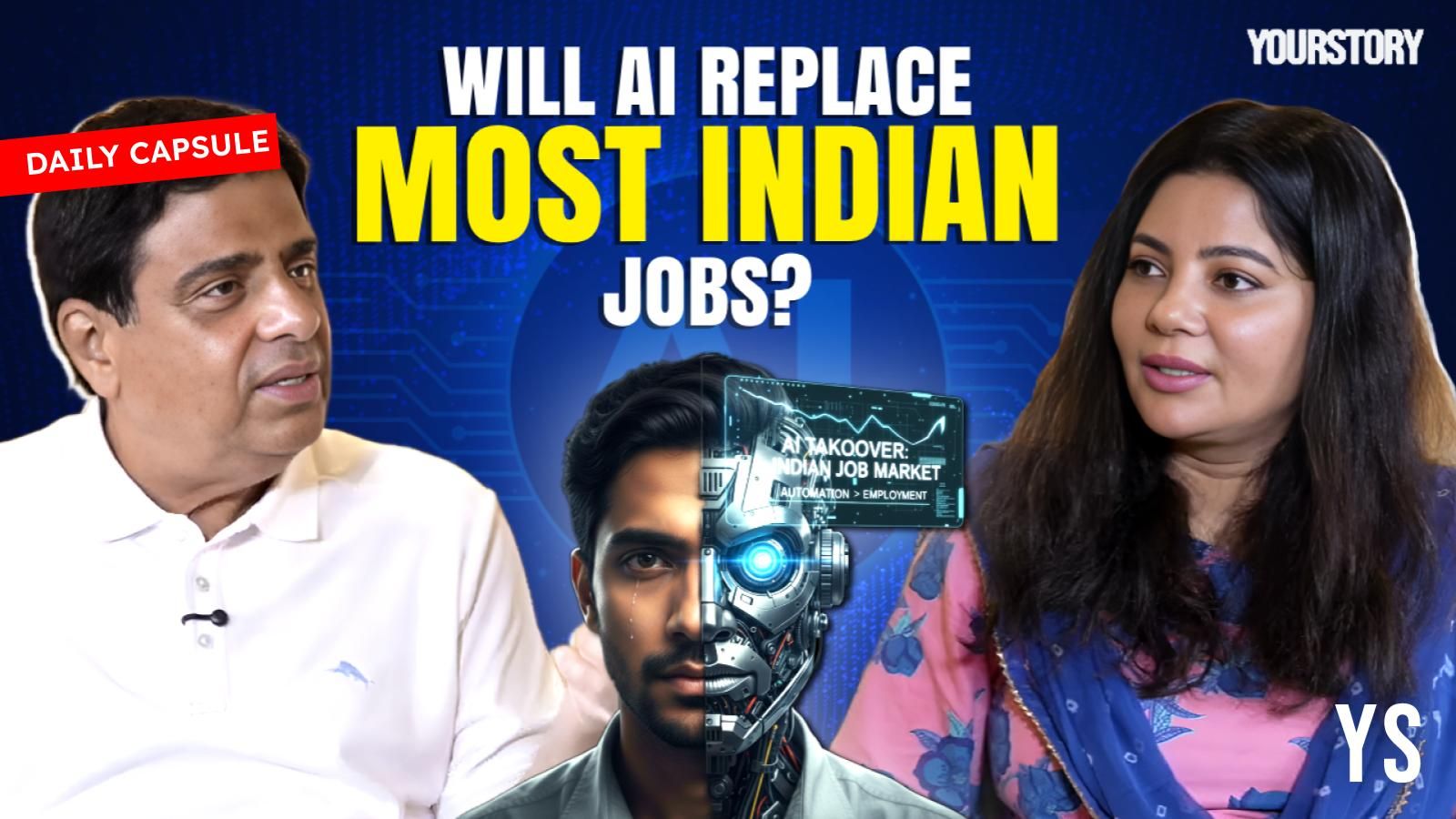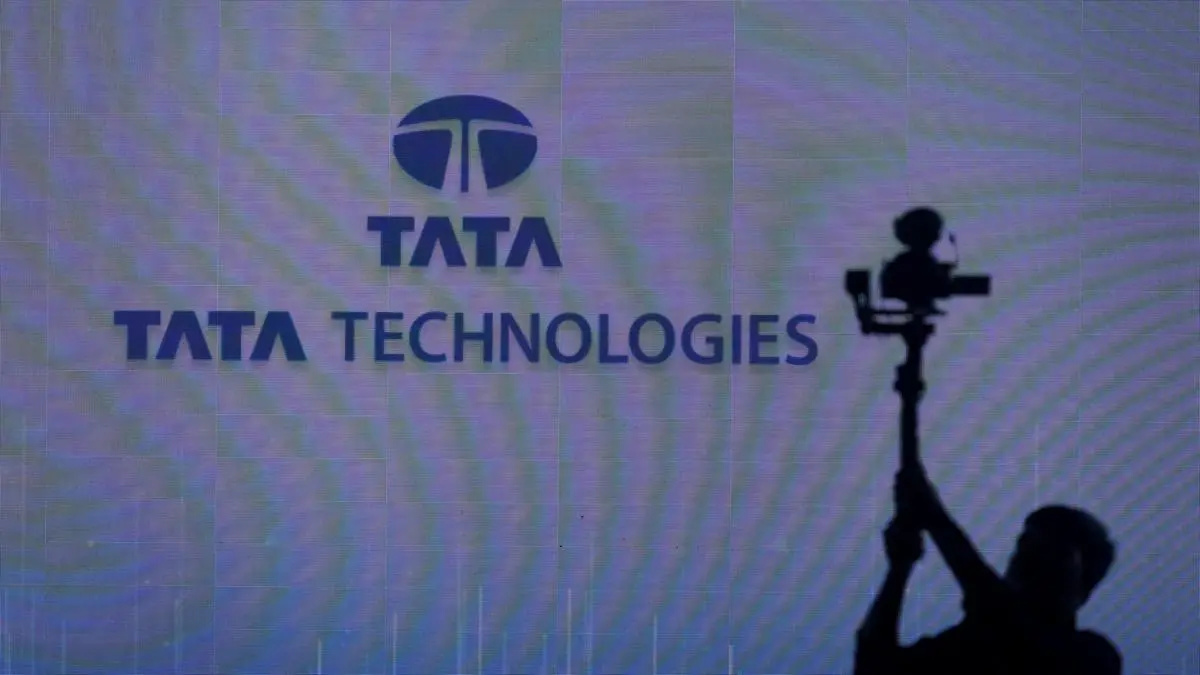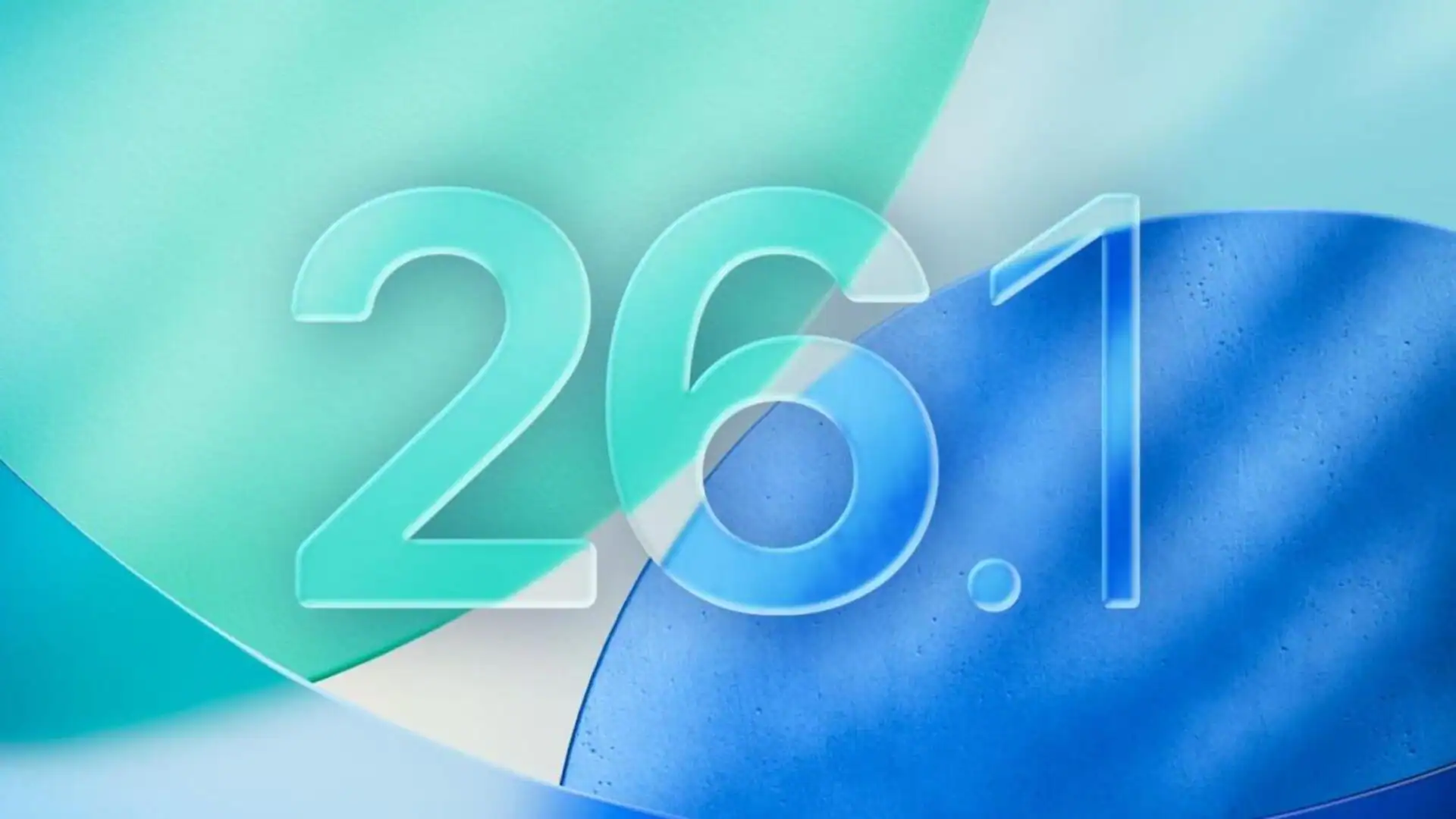Copyright yourstory

‘Spooky action at a distance’ may soon run our laptops. IBM said it can run a key quantum computing algorithm—correcting qubit errors—on commonly available chips from AMD, in a step toward commercialising super-powerful computers. This comes after Google, earlier this week, announced a breakthrough in quantum computing by developing an algorithm to compute the structure of a molecule—a task beyond the capabilities of conventional computers. The algorithm enabled the quantum computing chip Willow to operate 13,000 times faster than a classical computer. After the AI race, the race to buy quantum computing stocks has also gained steam in the US. Meanwhile, in India, scientists at the Raman Research Institute developed a new way to generate truly random numbers using quantum computers, which could make digital security systems harder to crack. Reducing risk has been on the RBI’s agenda, too. The central bank has proposed reducing the risk weight on high-quality infrastructure projects financed by NBFCs. Concurrently, it released a draft circular proposing that banks’ total direct capital market and acquisition finance exposures must not exceed 20% of their Tier I capital, which includes equity and retained earnings. The measure aims to ensure that banks extend loans responsibly. In today’s newsletter, we will talk about Ronnie Screwvala on the need to keep learning Kerala is free from extreme poverty Chandpur Paper’s sustainability bid Here’s your trivia for today: What was the duration of the first transcontinental flight by helicopter? Ronnie Screwvala on the need to keep learning Ronnie Screwvala, Chairman of upGrad, in a conversation with Shradha Sharma, Founder of YourStory, talks about being job-ready every day, why learning must be continuous, and how ownership, measurement, and discipline are key to building a skilled, future-ready workforce. “Job readiness is not a one-time thing… An athlete cannot say, ‘I am now ready.’ Because every day you have to improve your game,” says Screwvala. Watch the full video here. Key takeaways: Screwvala speaks about the need for alignment between university learning and entrepreneurship. “The head boy in the school is not the one who is going to be the most successful afterwards, just because that person was the head boy,” he says, showing how conventional indicators of success can be misleading. When heads of colleges are judged by grades and placements, they will prioritise marks over entrepreneurship. Changing that requires shifting incentives, rewarding risk-taking, and accepting failure as part of the learning process. Screwvala is clear that technology is an essential tool, but rejects the idea that tech alone is a panacea. He goes so far as to argue that the term ‘edtech’ should be abandoned because it distracts from the real mission. At the same time, he defends the online mode as a permanent feature of learning. Top Funding Deals of the Week Startup: Uniphore Amount: $260M Round: Series F Startup: UnifyApps Amount: $50M Round: Series B Startup: Wonderland Foods Amount: ~$15.9M (Rs 140 Cr) Round: Institutional Kerala is free from extreme poverty On November 1, celebrated as Kerala Piravi or Kerala Day, Kerala will complete 69 years of statehood. This year, the occasion carries a special significance as Kerala will be officially declared free from extreme poverty, becoming the first state in India and only the second region in the world, after China, to achieve this landmark. According to NITI Aayog, those living in extreme poverty now make up less than 0.55% of the population, the lowest in the country. Here’s how: In 2021, Kerala launched the Extreme Poverty Eradication Project (EPEP), also known as the Athidaridrya Nirmarjana Project, to identify and support individuals and families affected by extreme poverty. This demographic remained outside the safety net of the existing welfare schemes. After rigorous field validation, super checks, and final confirmation at the grama and ward sabhas, a total of 1,03,099 individuals from 64,006 families across 1,032 local bodies were identified as living in extreme poverty, assessed based on major stress factors—food security, health, income, and housing. Once identified, each family became the focus of a customised micro-plan, created after in-depth consultations with the households themselves. The micro-plans were then codified and integrated into local self-government sub-plans, ensuring coordination between departments and consistent follow-up. Chandpur Paper’s sustainability bid In 1998, when Arvind Kumar Mittal founded Chandpur Paper Ltd in Uttar Pradesh, his dream was straightforward but ambitious—to create a quality and sustainability-driven paper manufacturing business that could stand on par with the best in the world. Fast forward to today, Chandpur Paper operates on 18 acres of land, producing 120 TPD of high-quality MG Poster and Chromo (C1S) paper, with a turnover of Rs 250 crore. Today, the company supplies all kinds of packaging paper to FMCG businesses, ecommerce companies, QSRs, and retailers across India, through a network of over 30 dealers. News & updates Speed up: Reliance Industries is rushing to get its orders of battery components out of China ahead of new export curbs, Reuters reported, as concerns mount worldwide about how Beijing intends to enforce its widening export control regime. Social media: The European Commission said it had preliminarily found both TikTok and Meta in breach of its transparency rules. It accused the US tech giants of breaching their obligation to give researchers “adequate access” to public data under the Digital Services Act. M&A: OpenAI acquired Software Applications, Inc., the makers of an AI-powered natural language interface for Mac computers called Sky. The software product is designed to work alongside you throughout your day, as you use apps on the computer, writing, planning, coding, and more. What was the duration of the first transcontinental flight by helicopter? Answer: In 1965, a US Navy crew flew 30 hours and 46 minutes in a Sikorsky SH-3A Sea King helicopter, from near New York to Florida. We would love to hear from you! To let us know what you liked and disliked about our newsletter, please mail nslfeedback@yourstory.com. If you don’t already get this newsletter in your inbox, sign up here. For past editions of the YourStory Buzz, you can check our Daily Capsule page here.



